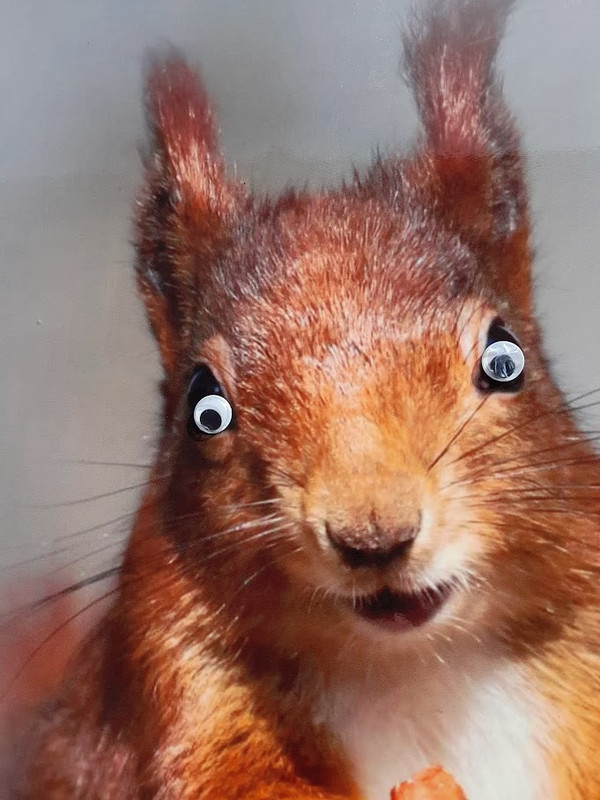- Welcome to Cook'd and Bomb'd.
-
 The second thread of your...
by Norton Canes
The second thread of your...
by Norton Canes
[Today at 09:14:31 AM] -
 News at Ten incident with...
by Alberon
News at Ten incident with...
by Alberon
[Today at 09:10:42 AM] -
 I'm an artist therefore I...
by PlanktonSideburns
I'm an artist therefore I...
by PlanktonSideburns
[Today at 09:08:01 AM] -
 Explosive Houses That Would...
by lauraxsynthesis
Explosive Houses That Would...
by lauraxsynthesis
[Today at 09:02:28 AM] -
 If you had to shag an animal...
by Brian Freeze
If you had to shag an animal...
by Brian Freeze
[Today at 09:00:04 AM] -
 Trans Mania: Graham Linehan...
by ProvanFan
Trans Mania: Graham Linehan...
by ProvanFan
[Today at 08:55:23 AM] -
 Laurence Fox loses court case...
by Alberon
Laurence Fox loses court case...
by Alberon
[Today at 08:53:36 AM] -
 Perfect sub 3 minute songs...
by Sebastian Cobb
Perfect sub 3 minute songs...
by Sebastian Cobb
[Today at 08:29:06 AM] -
 Snooker 23/24
by Wayman C. McCreery
Snooker 23/24
by Wayman C. McCreery
[Today at 08:28:57 AM] -
 New Youtube Thread
by George White
New Youtube Thread
by George White
[Today at 08:25:23 AM]
Members
 Total Members: 17,826
Total Members: 17,826 Latest: skinnylike
Latest: skinnylike
Stats
 Total Posts: 5,585,371
Total Posts: 5,585,371 Total Topics: 106,767
Total Topics: 106,767 Online Today: 1,077
Online Today: 1,077 Online Ever: 3,311
Online Ever: 3,311- (July 08, 2021, 03:14:41 AM)
Users Online
 Users: 76
Users: 76 Guests: 853
Guests: 853 Total: 929
Total: 929 drummersaredeaf
drummersaredeaf Norton Canes
Norton Canes Utter Shit
Utter Shit Emotional Support Peacock
Emotional Support Peacock waste of chops
waste of chops Ruben Remus
Ruben Remus Dayraven
Dayraven rovert
rovert bob bobsson
bob bobsson JaDanketies
JaDanketies Tiggles
Tiggles burst_arm
burst_arm biggins chris
biggins chris MrMealDeal
MrMealDeal dissolute ocelot
dissolute ocelot Spiteface
Spiteface katzenjammer
katzenjammer non capisco
non capisco Key
Key Pavlov`s Dog`s Dad`s Dead
Pavlov`s Dog`s Dad`s Dead Butchers Blind
Butchers Blind The Bees
The Bees robbyell
robbyell Buffalo Many Times
Buffalo Many Times TommyTurnips
TommyTurnips Pete23
Pete23 rilk
rilk George White
George White Armin Meiwes
Armin Meiwes Greyhound
Greyhound Bleeding Kansas
Bleeding Kansas MarkSymes
MarkSymes Alberon
Alberon There Be Rumblings
There Be Rumblings Holy Dread
Holy Dread PlanktonSideburns
PlanktonSideburns matjam13
matjam13 sevendaughters
sevendaughters AnotherOli
AnotherOli RicoMNKN
RicoMNKN Tony Yeboah
Tony Yeboah StupidSexyPerro
StupidSexyPerro Bobloblawslawbomb
Bobloblawslawbomb mikeyg27
mikeyg27 4000Foals
4000Foals Incy Wincy Mincey
Incy Wincy Mincey Thosworth
Thosworth David Pielingtonburygrot
David Pielingtonburygrot Mx Wrongs
Mx Wrongs pcsjwgm
pcsjwgm Red Lantern
Red Lantern Benga Zara
Benga Zara LordMorgan
LordMorgan Zetetic
Zetetic Claude the Racecar Driving Rockstar Super Sleuth
Claude the Racecar Driving Rockstar Super Sleuth Mobbd
Mobbd WeebleWobble
WeebleWobbleChris Morris articles
Started by weirdbeard, April 27, 2009, 11:31:20 PM
Previous topic - Next topic
User actions

